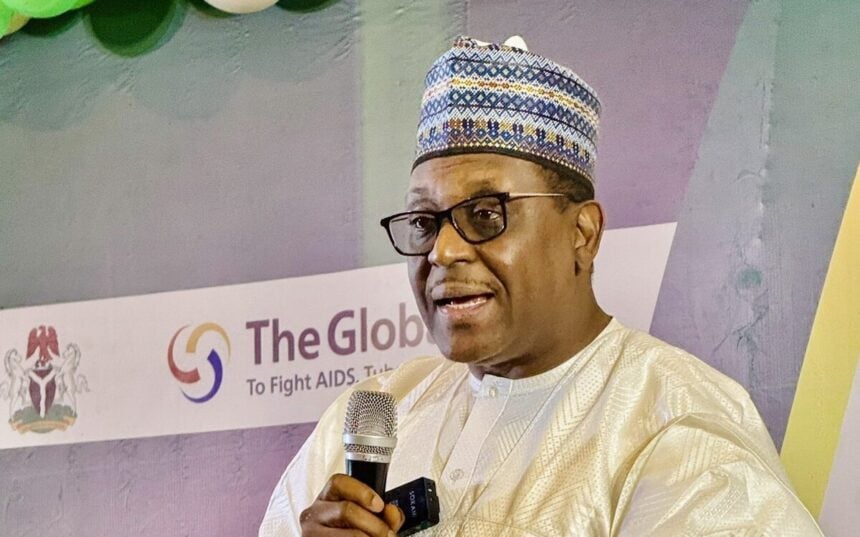Federal executive council (FEC) has approved the creation of MediPool, a group purchasing organisation aimed at reducing the cost of essential medicines and healthcare products across Nigeria.
Coordinating Minister of Health and Social Welfare, Muhammad Ali Pate, said MediPool would operate as a public-private partnership, leveraging the government’s purchasing power to negotiate better prices from suppliers.
“So it’s using the monopsony power of government as a large buyer of those commodities to negotiate lower prices and then channel those commodities,” Pate said.
According to him, the scope of MediPool includes “procurement planning, distribution monitoring, supply chain, logistics management, quality assurance, regulatory compliance, as well as ensuring that local manufacturers are supported.” He added that the initiative would also address “import substitution, financial management and payment systems, capacity building and training, and contingency planning to ensure steady availability of essential drugs through public-private partnership.”
Pate said the project had been vetted through the Infrastructure Concession Regulatory Commission and benchmarked against other group purchasing organisations in Kenya, South Africa, Singapore, and Saudi Arabia. “We believe that this is a major intervention that will shape the domestic market, so that the demand for quality pharmaceuticals can be channelled in a way that lowers cost and also improves quality and stimulates local manufacturing,” he said.
He noted that the government had been exploring multiple strategies to lower pharmaceutical costs for more than a year. “Nigerians are hurting from rising costs,” he said. “It’s not limited to Nigeria. As you may be aware, even countries as far as the United States are placing executive orders to reduce the cost of pharmaceuticals.”
Pate warned that global shifts could impact medicine availability in Nigeria. If pharmaceutical companies respond to U.S. price caps by limiting supply or increasing prices elsewhere, he said, this “could disrupt the availability or affordability of certain drugs in Nigeria, particularly branded or speciality medicines.”
Meanwhile, the FEC also approved a contract worth N2.3 billion for the procurement and installation of a cardiac catheterisation machine at the Usman Danfodiyo University Teaching Hospital in Sokoto state. Pate said the advanced medical equipment would enhance the hospital’s ability to diagnose and treat complex heart conditions, including heart attacks and irregular heart rhythms.
![]()





























































